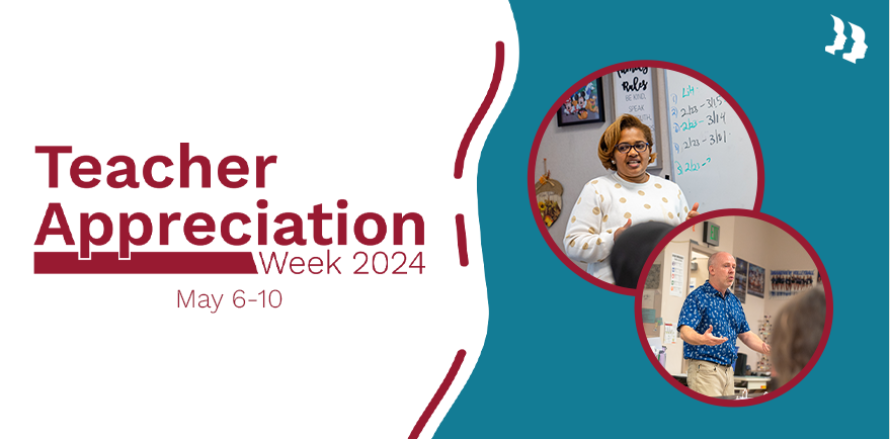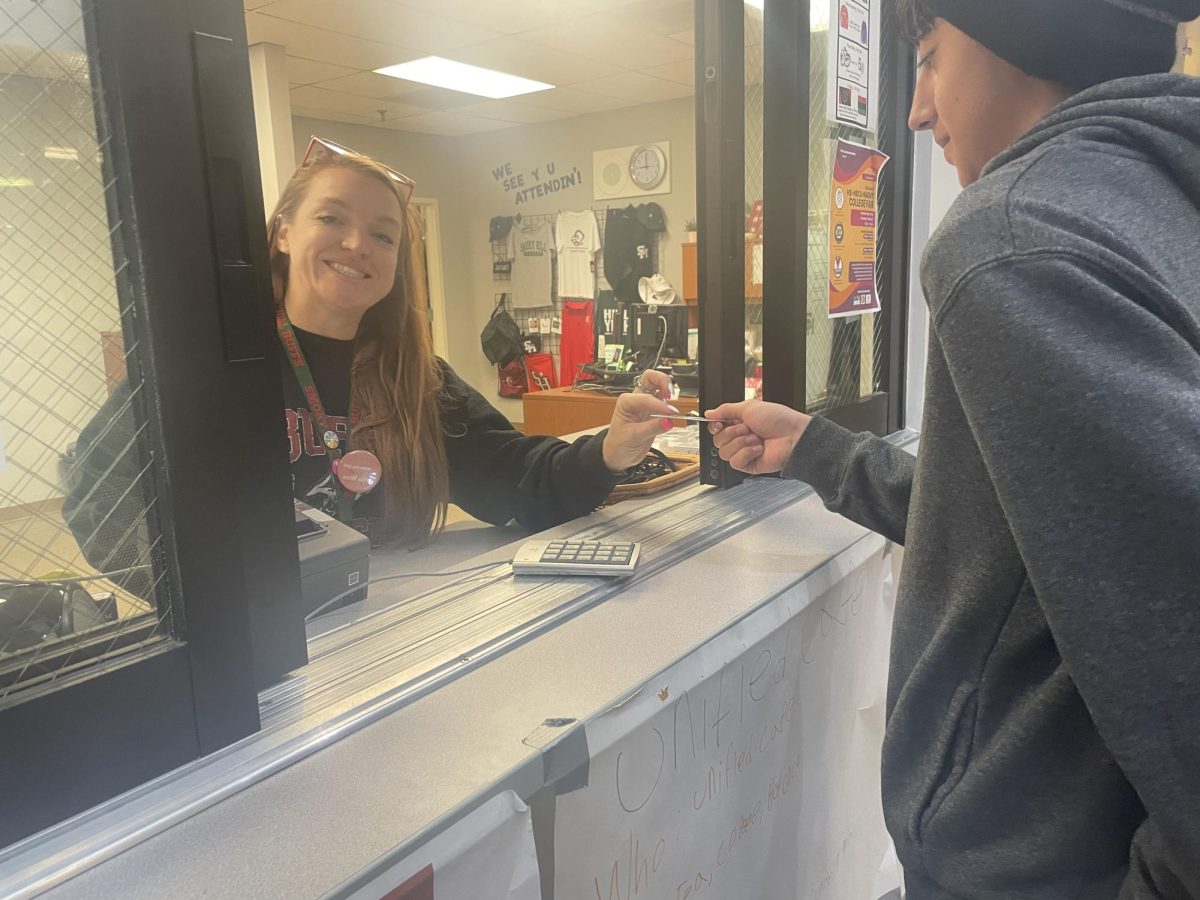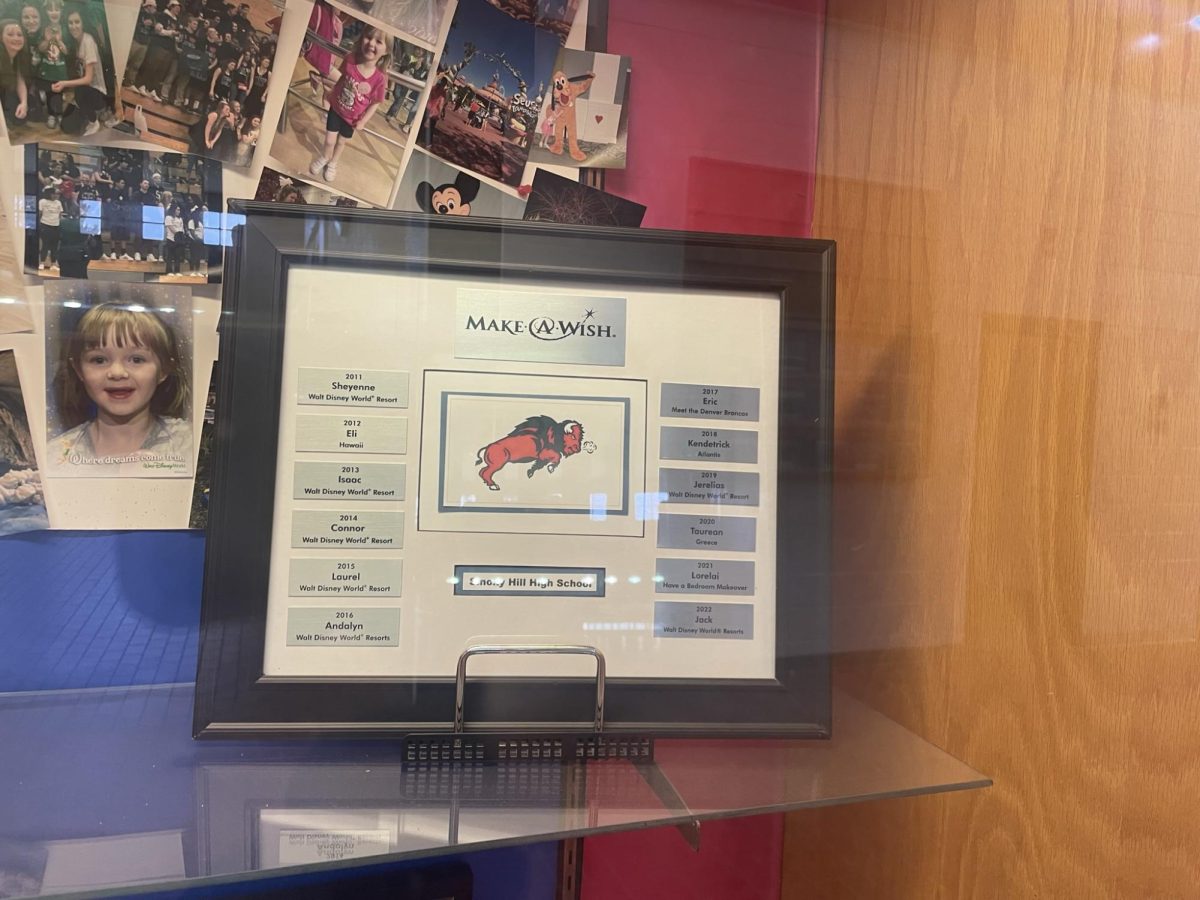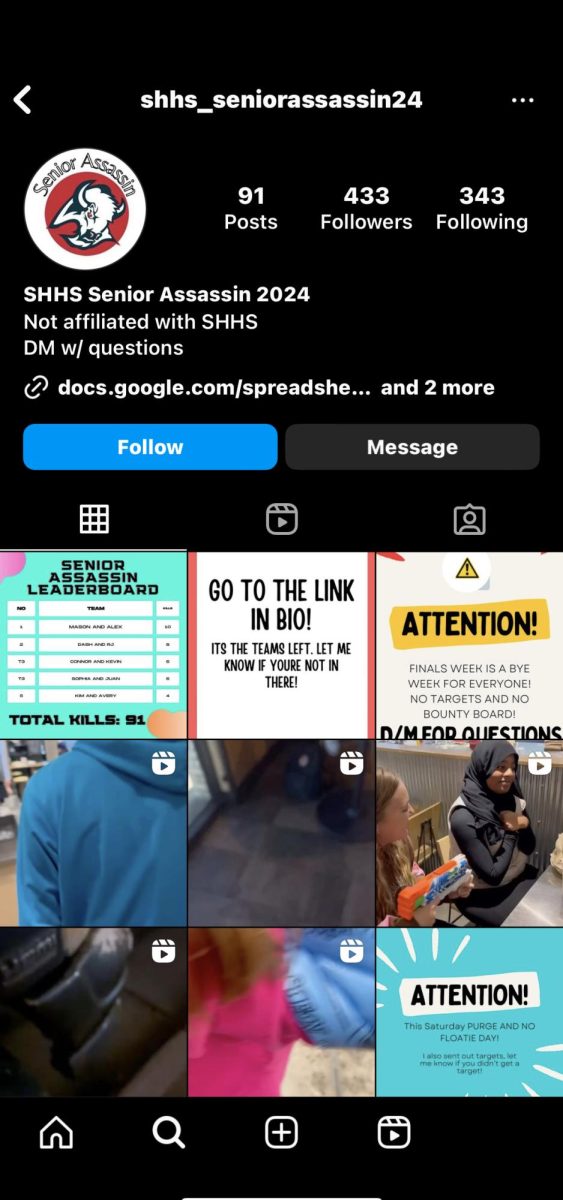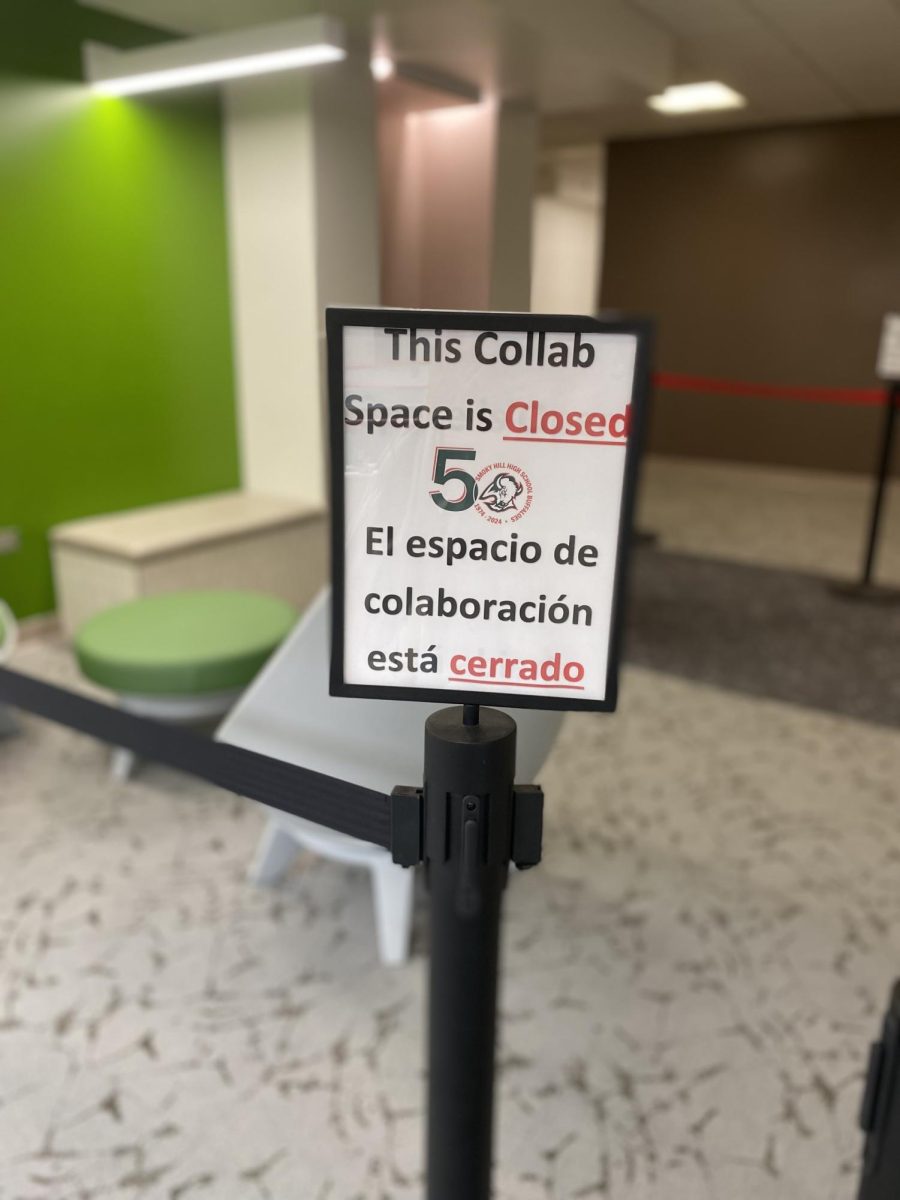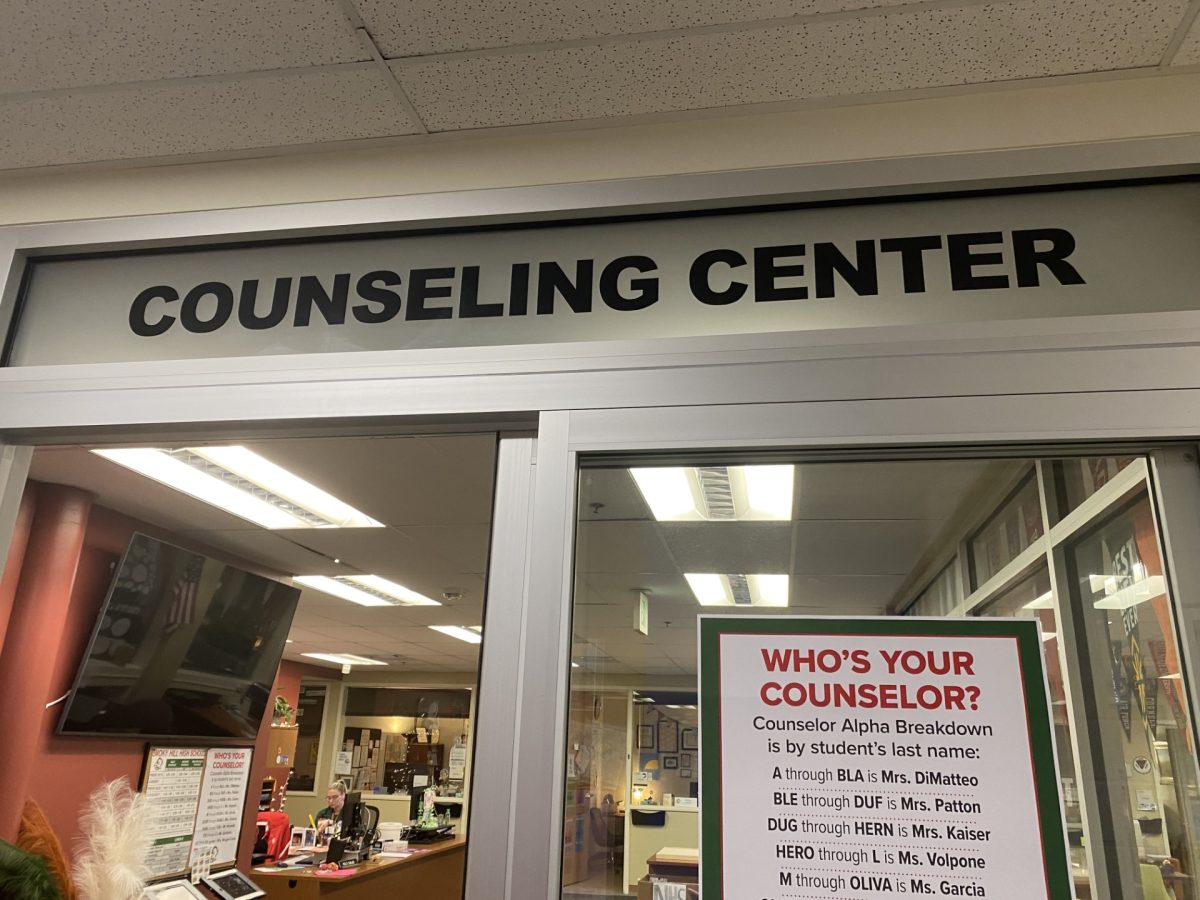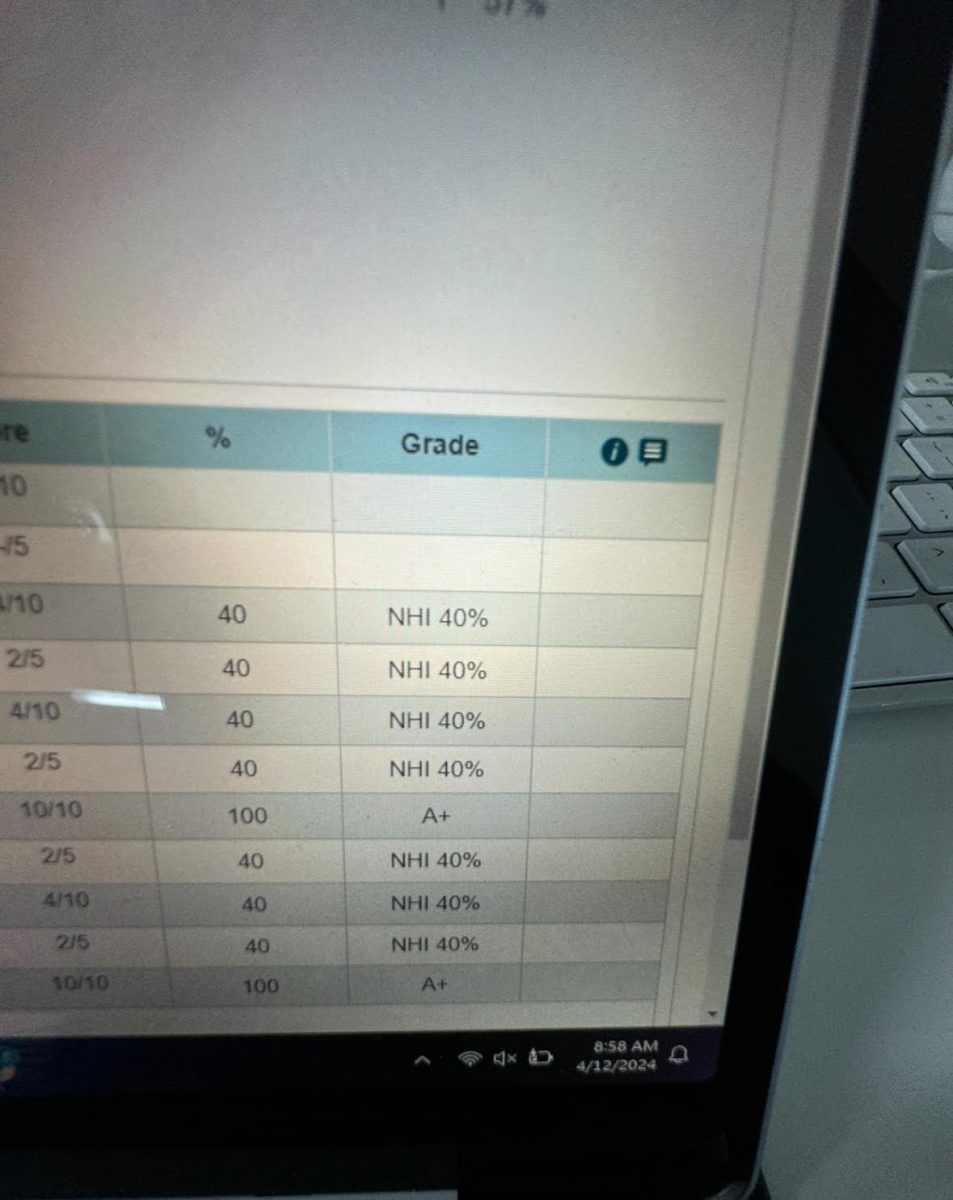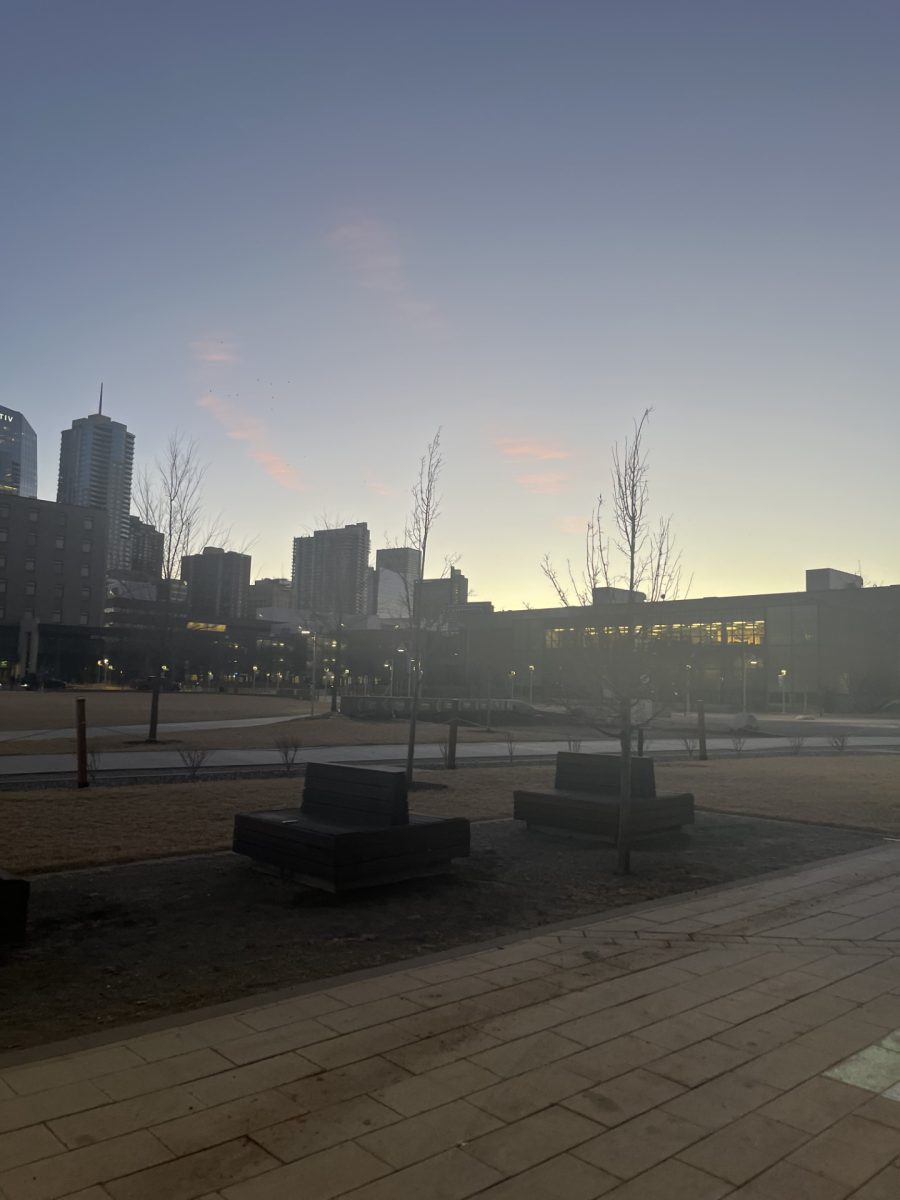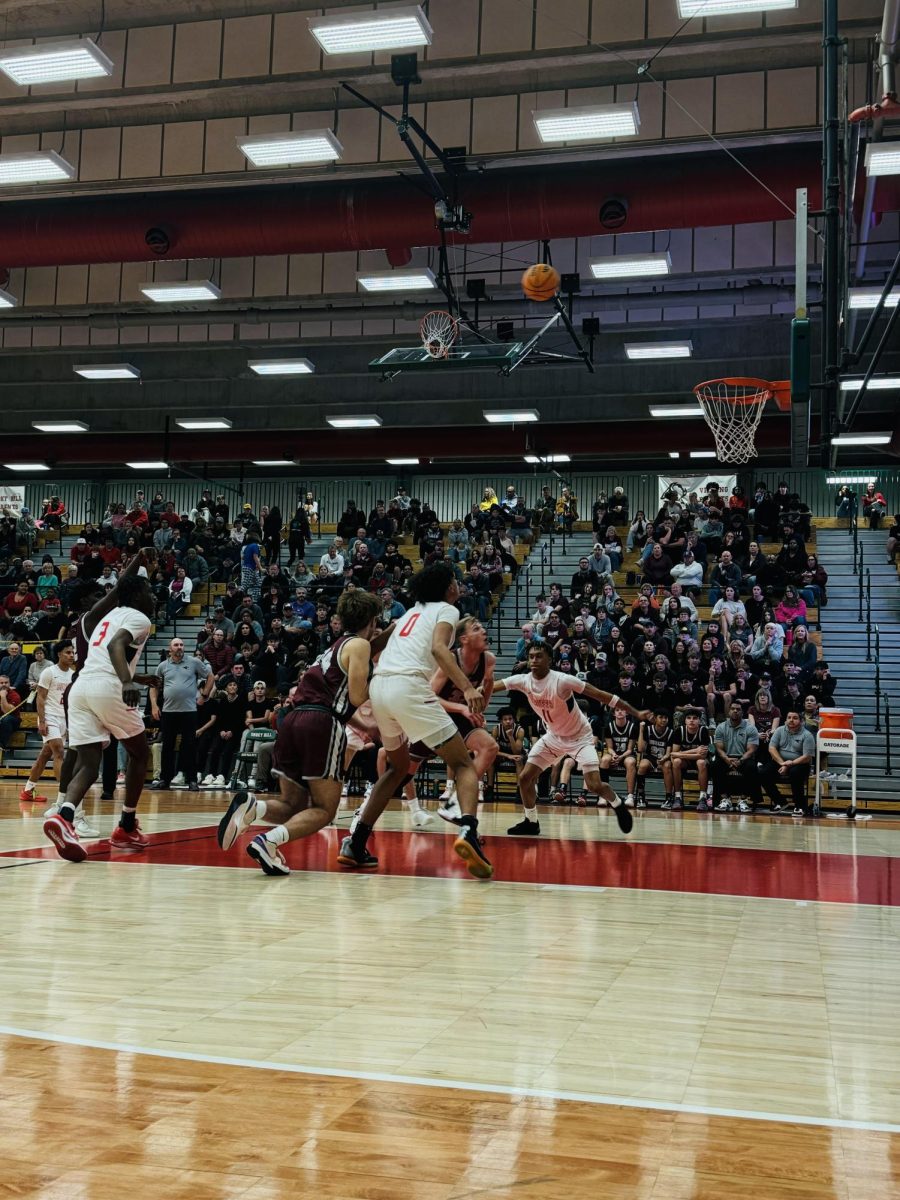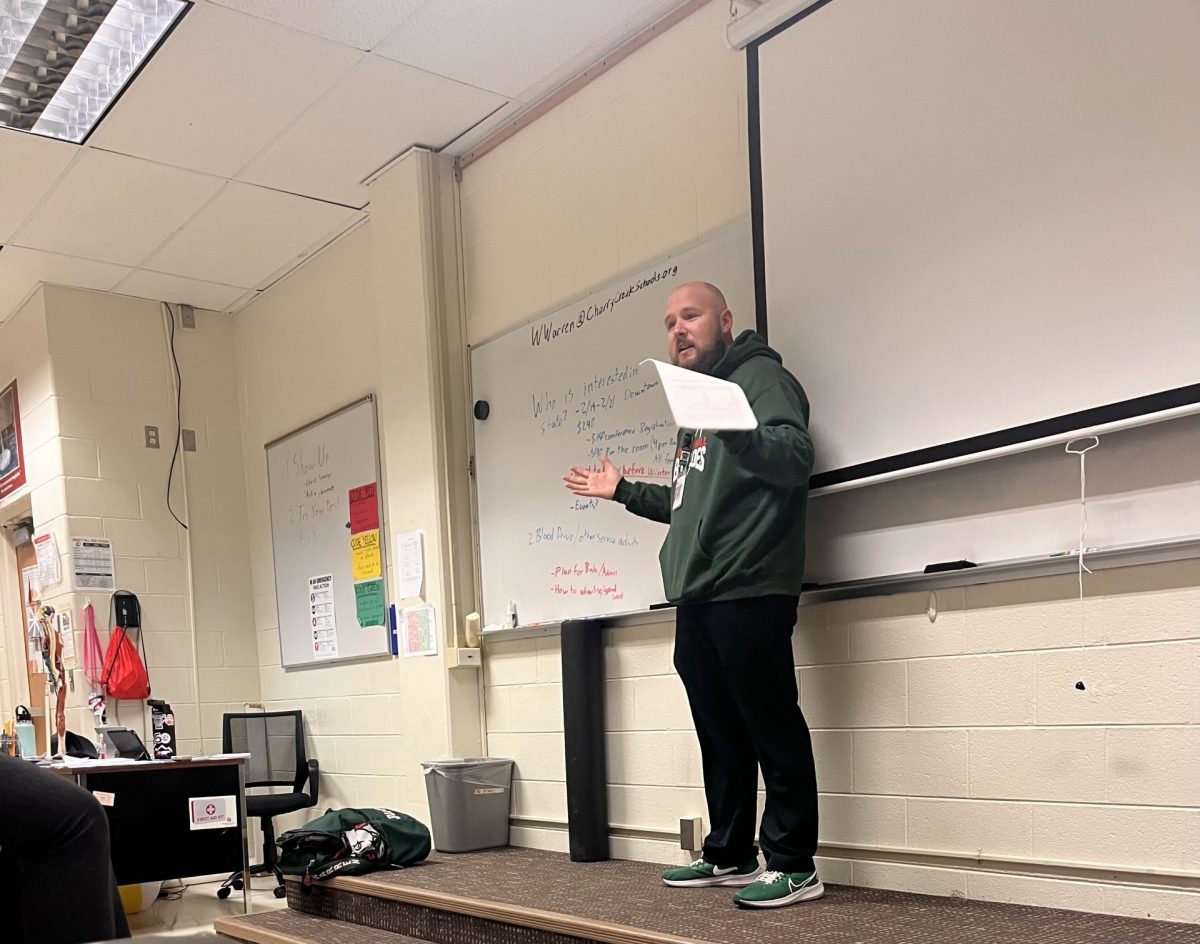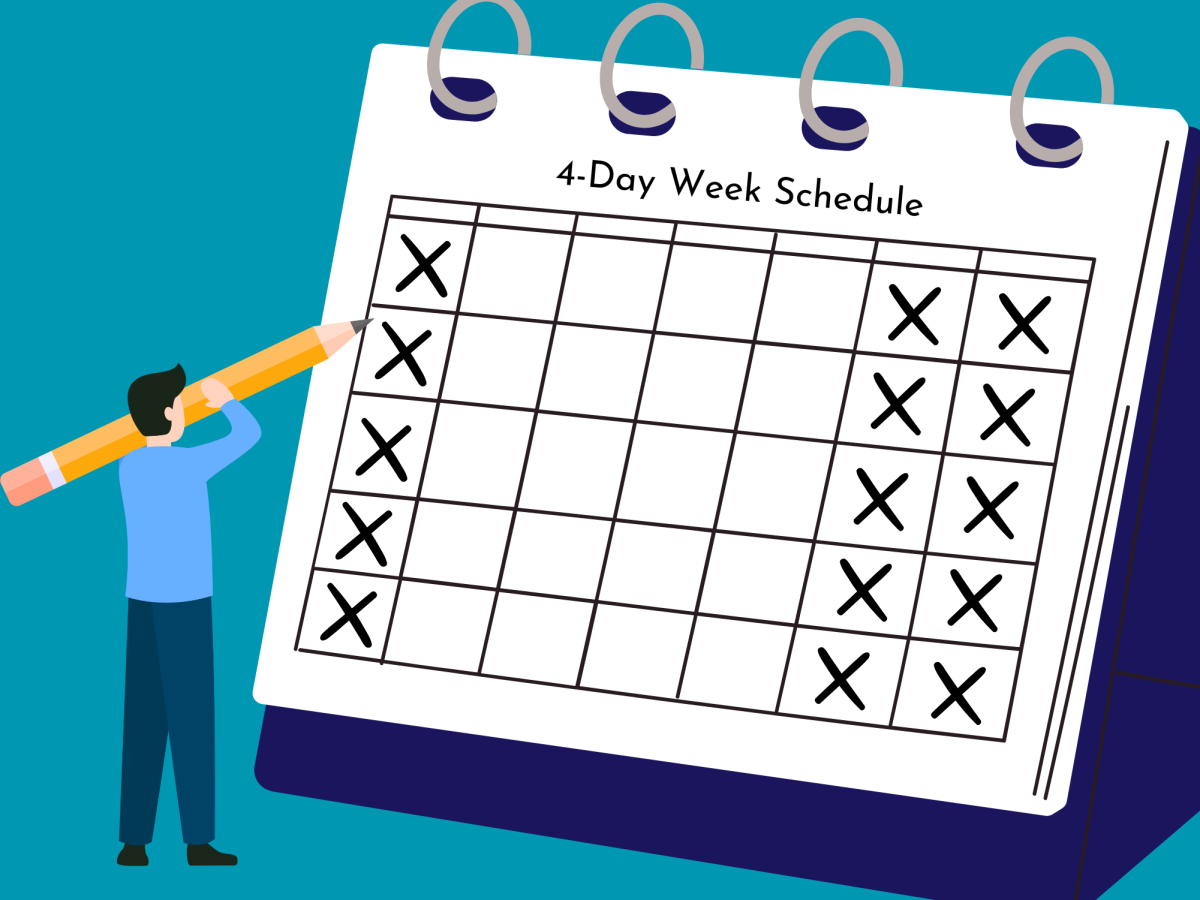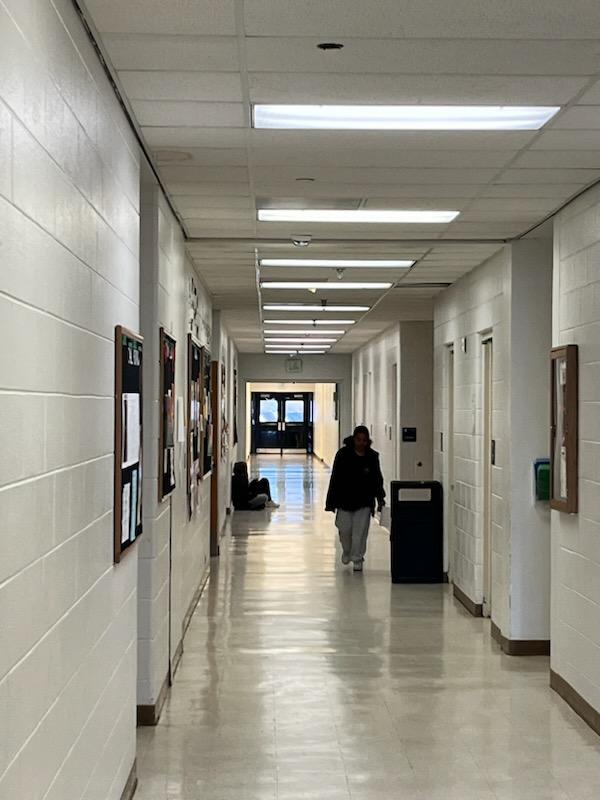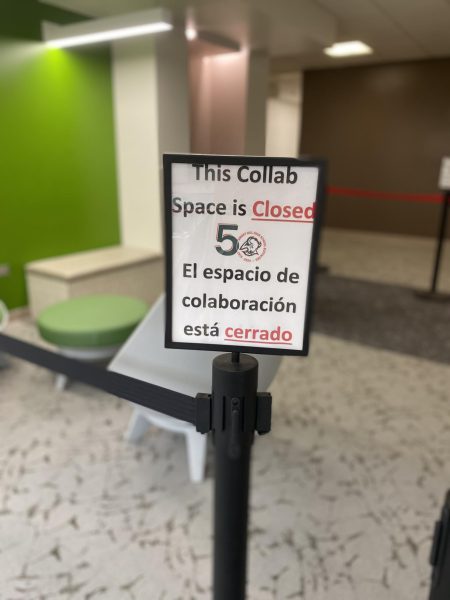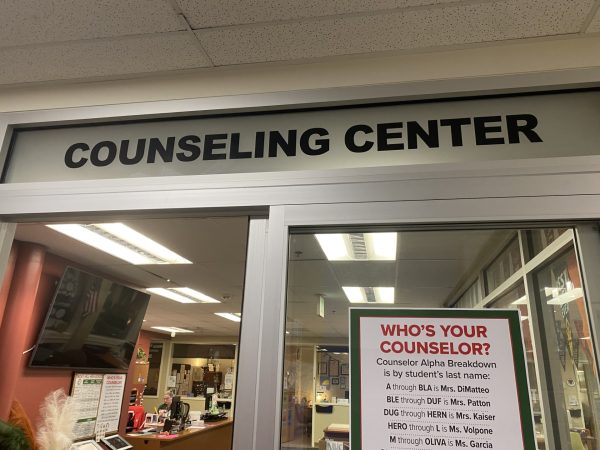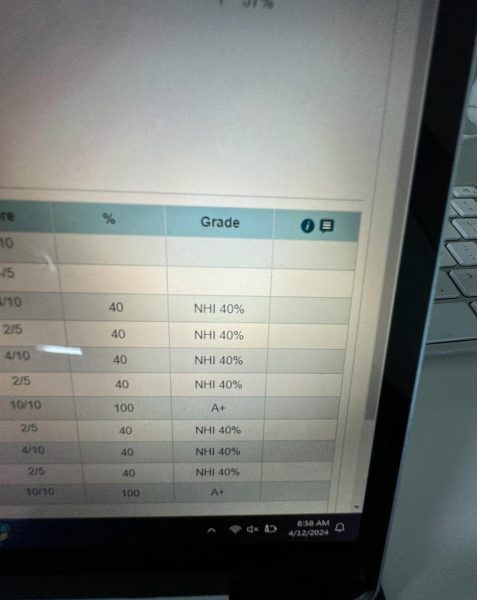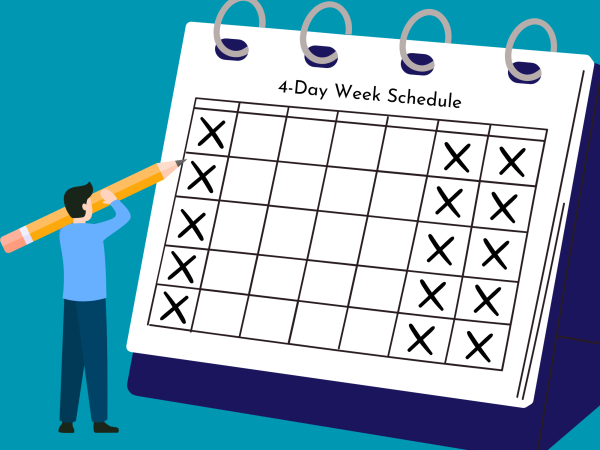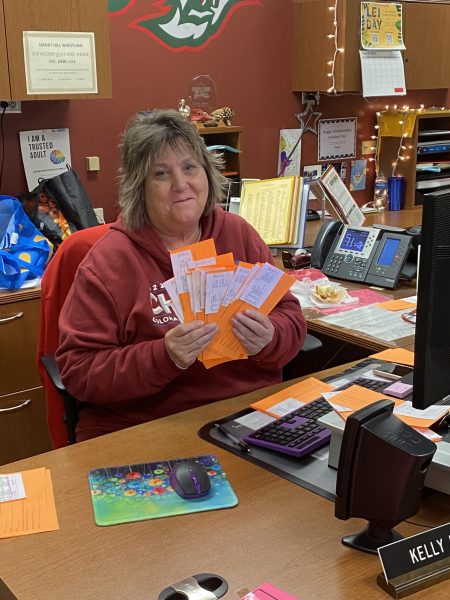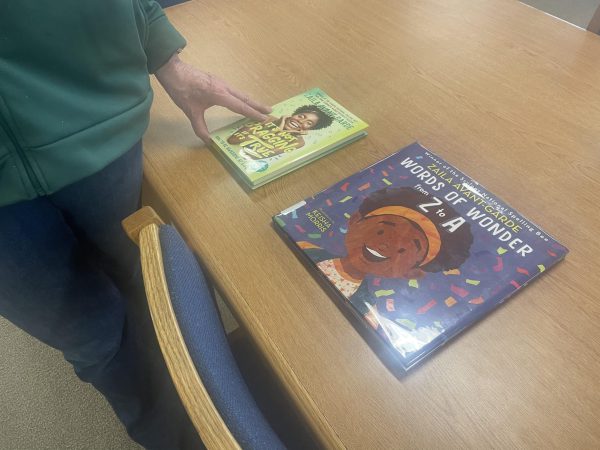Pass If You Please
A dive into the efficacy of the new pass policy.
March 14, 2023
After the bell rang, the hallways bustled with students moving to their next period, and after the first ten minutes wound down the halls were mainly empty, excluding the few notable stragglers.
It has been just three weeks since the new hallway policy was introduced to Smoky students, and following its implementation the results have been visibly varied.
“I would say 9 out of 10 people have said to me, this has definitely made a difference,” Smoky Hill High School Principal and founder of the new policy Andre Bala said, “Is this a perfect policy? Absolutely not. But it definitely has made a difference and it’s a step in the right direction,”
An assortment of factors went into decisions regarding this policy, with issues concerning excessive hallway congregation, and the possible pathway it’s creating to further student misconduct, making up a large portion of the reason for creation.
“We noticed a significant amount of hallway traffic and no matter how many times I got on the PA system, and announced if you’re off you are to be [in the] library, cafeteria, outside, we were encountering a lot of students with off periods floating around…[there were also] significant safety concerns: fights, vaping, [and] all these different things,” Bala said.
The simple goal of the policy was to “make sure distractions [were] at a minimum and to not allow the constant traffic that was happening just throughout the building,” Bala said.
For students, it meant more enforcement of where they were supposed to be during their off-periods and a series of pass checks whenever they were present in the halls. “I would probably say every time,” Amaiya Mcneal (11) said about how often her hall pass got checked when she had previously been in the halls. I would say 9 out of 10 people have said to me, this has definitely made a difference, — Andre Bala
But other students have not had the same experience with this system in place, “I spend more [time in the hall],” De’Andre Dixon (9) said about how much time he spent from pre-policy to now. In addition to spending more time in the halls, Dixon mentioned that he hadn’t had his pass checked which Wesam Muhammad (10) also experienced. “No, I’ve never been asked,” Muhammad said about teachers or administration in the past asking to see her hall pass.
A lack of adequate staffing on campus could be a possible source of these enforcement issues. “We’re staffed for seven security guards,” Bala said. “I currently have five. Of the five, one of those is at a stationary post and that’s at the activities entrance. So I really have four security guards who are responsible for covering a pretty large school with over 2,200 students, and not only over 2,200 students, but also over 100 staff members. I think that is an unfair ask, it’s also a pretty daunting ask,”
Although, even with short staffing of security guards, some teachers have been attempting to fill this gap. Social studies teacher Joe Gleason was on duty monitoring the activities area, with him saying that “there’s three teachers on duty at a given time,” but this number could be simply an ideal goal instead of the actual number in effect. 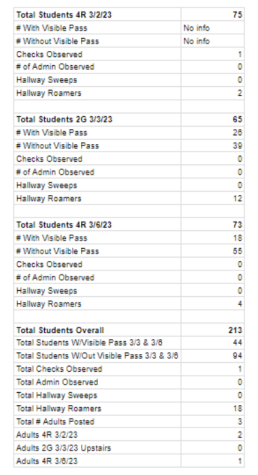
Following policy implementation, Sofiia Znakharenko and Zakary Peterson did an observational study over the course of three periods on three different days. Having counted the number of students in the halls, following the first 10 minutes of class, with and without visible passes, the number of administrators checking for passes, and the number of the hallway sweeps which were said to be a part of this new policy, the results presented an estimate of its success. Over the course of all three periods there were 3 general adults counted actively checking student passes, with 0 of those being members of the administration team. During all periods one pass check was witnessed, and out of the 213 total students in the halls during both periods, 44 were seen with visible passes and 94 without.
“You know, so it’s, and I will say, without this policy, I would, I would expect that these numbers probably would be significantly higher,” Bala said when presented with the completed research.
While being reviewed the total students with/without visible passes portion of the investigation seemed to stand out. “I think the visible pass will be a big one. This, in essence, also reinforces the hall pass system process, right, making sure you’re in the hallway with a pass with having permission access. [I also think] a reduction in those without a pass would be significant,” Principal Bala said.
This system also hopes to allow students to gain practical life skills, “I think it teaches students about time management, prioritization, and more so advocacy to say hey, if you need this from this teacher first make sure the teacher is not teaching right now. Second, schedule an appointment with them via email, text message, whatever method you’ve got to use,” Bala said. “And our students are responding, they really are,”

